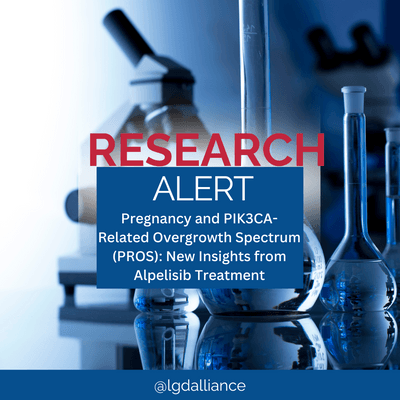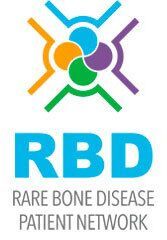
A recent article published in the European Journal of Human Genetics brings new perspective to an important, yet rarely addressed, question: Can young patients with PIK3CA-related overgrowth spectrum (PROS) safely conceive and carry pregnancies while being treated with targeted therapies like alpelisib?
PROS encompasses a group of rare disorders caused by somatic mutations in the PIK3CA gene, leading to segmental overgrowth, vascular malformations, and lymphatic anomalies. These conditions can be debilitating, progressive, and difficult to manage using conventional therapies.
Alpelisib, a selective PI3Kα inhibitor initially approved for breast cancer, has emerged as a promising treatment for PROS. It targets the same pathway affected by PIK3CA mutations, reducing abnormal tissue growth and improving symptoms like pain, inflammation, and reduced mobility. However, as alpelisib becomes more widely used in younger patients, questions about its long-term safety—including its impact on fertility and pregnancy—are increasingly relevant.
What the Study Found
In this new report, researchers detail three cases of young adult women with PROS who had been on prolonged alpelisib treatment and later conceived spontaneously. The results were encouraging:
- All three patients delivered healthy infants with no signs of drug-related birth defects, despite one pregnancy involving early, unintentional embryonic exposure to alpelisib.
- Fertility was not impaired, even after long-term treatment with the medication.
- Upon stopping alpelisib to conceive or during pregnancy, disease symptoms recurred, including inflammatory flares, pain, and regrowth of vascular malformations.
- Reintroduction of alpelisib after delivery effectively restored symptom control, and importantly, no resistance to the treatment was observed.
These findings suggest that alpelisib does not appear to cause lasting reproductive harm or reduce treatment efficacy after interruption.
What It Means for Patients and Providers
This report offers cautious optimism for PROS patients of reproductive age. While preclinical studies of alpelisib had raised concerns about toxicity to the developing fetus and reproductive side effects, these real-world cases provide the first evidence that successful pregnancies may be possible following or even during alpelisib use.
However, the authors emphasize several important caveats:
- Alpelisib must be discontinued upon pregnancy detection due to known embryotoxic risks in animal studies.
- Contraceptive use should be strictly maintained during treatment.
- Disease symptoms may rapidly worsen after stopping alpelisib, requiring close monitoring and careful planning around pregnancy and postpartum care.
A “stop-and-go” approach—pausing treatment to allow for conception and resuming therapy after delivery—may be feasible, but should only be pursued under close medical supervision.
A Step Toward Better Understanding
As the first report of its kind, this study highlights the need for further research into the reproductive safety of alpelisib and other targeted therapies in rare disease populations. For clinicians, it underscores the importance of discussing fertility and family planning with patients early in the treatment process.
For patients living with PROS, it offers something even more powerful: hope that life milestones like pregnancy and parenthood may still be possible—without sacrificing long-term control of their condition.
Additional Resources:
- Morin, G., Fraissenon, A., Chopinet, C. et al. First report of successful pregnancies after treatment with alpelisib for PIK3CA-related overgrowth spectrum. Eur J Hum Genet (2025). https://doi.org/10.1038/s41431-025-01885-y
- Planning for Pregnancy with Vascular Anomalies: New Guidance from VASCERN
- VASCERN-VASCA Consensus Statement: Sirolimus and Fertility











